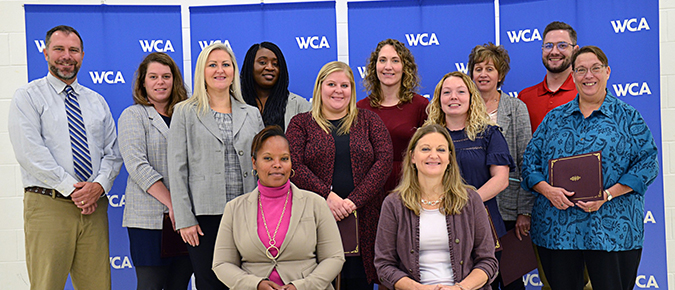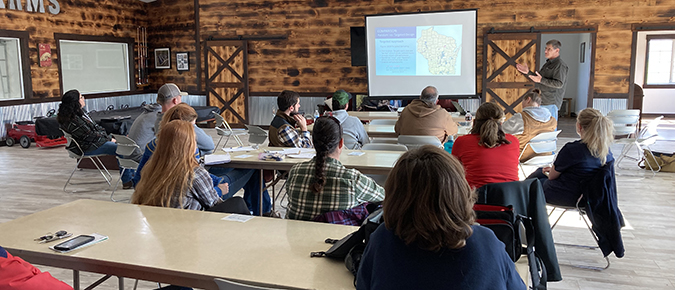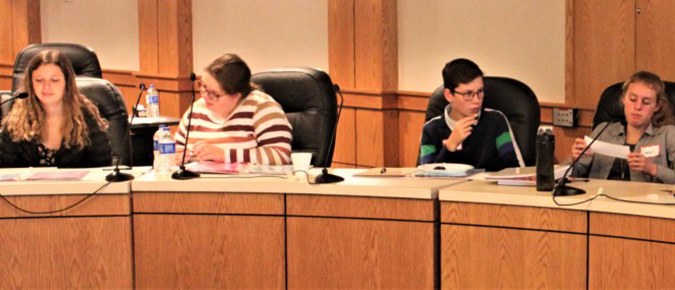Most states in the U.S. have maps of the surficial geology, the unconsolidated sediments at the earth’s surface. These maps are at a scale that is appropriate to depicting the entire state on a single map. To date, no such map has ever been created for Wisconsin. Extension’s Wisconsin Geological and Natural History Survey has […]
Wisconsin’s 72 counties, 604 cities and villages, and 1,250 towns are tasked with delivering services that support individuals, families, organizations, and businesses. In many cases, the demand for services is greater than the available resources requiring local governments to find innovative solutions to better serve their citizenry. In an effort to build toward innovative solutions, […]
Wisconsin dairy farms produce the equivalent of 12 billion gallons of dairy manure every year. Properly managed, this manure is a valuable source of crop nutrients. However, improperly managed manure can release nitrogen, phosphorus, and pathogens into surface water and drinking water supplies. Every year, seven billion gallons of manure are transported and/or applied by […]
Food security—defined as the assured physical and economic access to sufficient, safe, and nutritious food needed for healthy, active living—is critical to family and community well-being. The COVID-19 pandemic shone a spotlight on inequities in our food system, exacerbated food insecurity, and amplified pre-existing vulnerabilities in the food system, including production, processing, transportation, consumption, disposal, […]
The U.S. has the highest per capita incarceration rate in the world, which quintupled from 1975 to 2005, representing a shift from rehabilitation to punishment. There has been a bipartisan transition in the past 15 years toward reducing both adult prison and youth justice populations, including in Wisconsin. Restorative justice repairs harm caused by crime. […]
Community gardens provide a variety of learning opportunities and foster multiple societal benefits including environmental stewardship, social capital, food security, and civic engagement. When community gardens are viewed solely through the lenses of food production or healthy food access, Extension and its partners miss opportunities to understand and amplify other direct and indirect impacts that […]
Stress is a part of daily life, but when we face continuous challenges without relief or relaxation between those stressors, stress can become chronic and toxic. The effects of stress can lead to physical and emotional diseases, causing a burden on our health care system as well as personal problems that can otherwise be avoided […]








